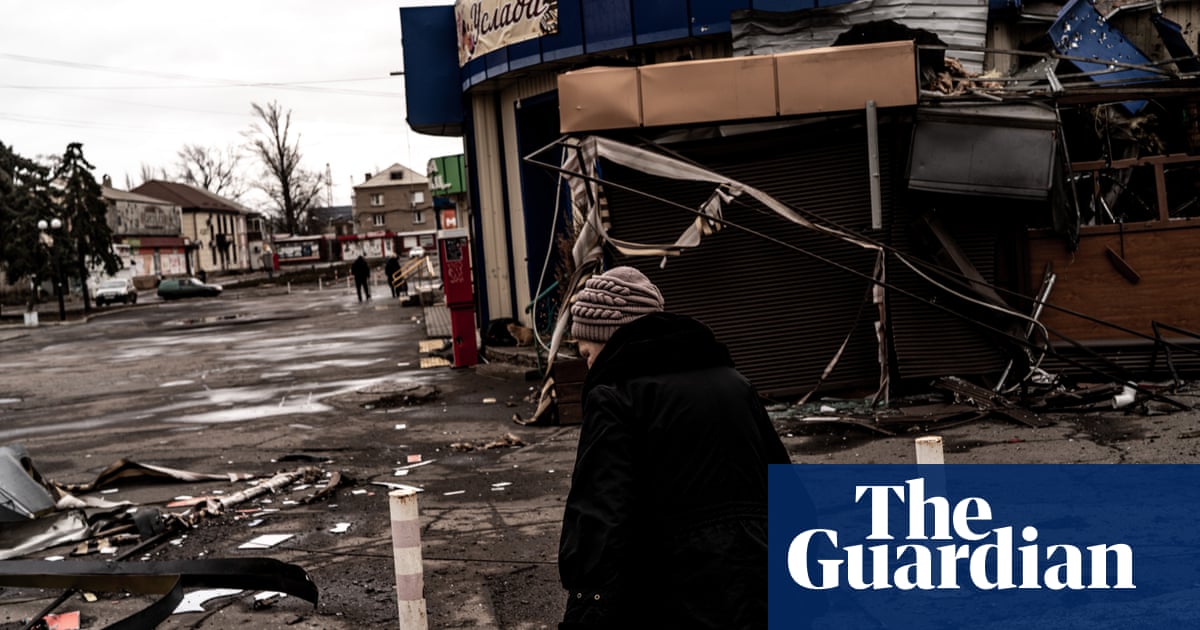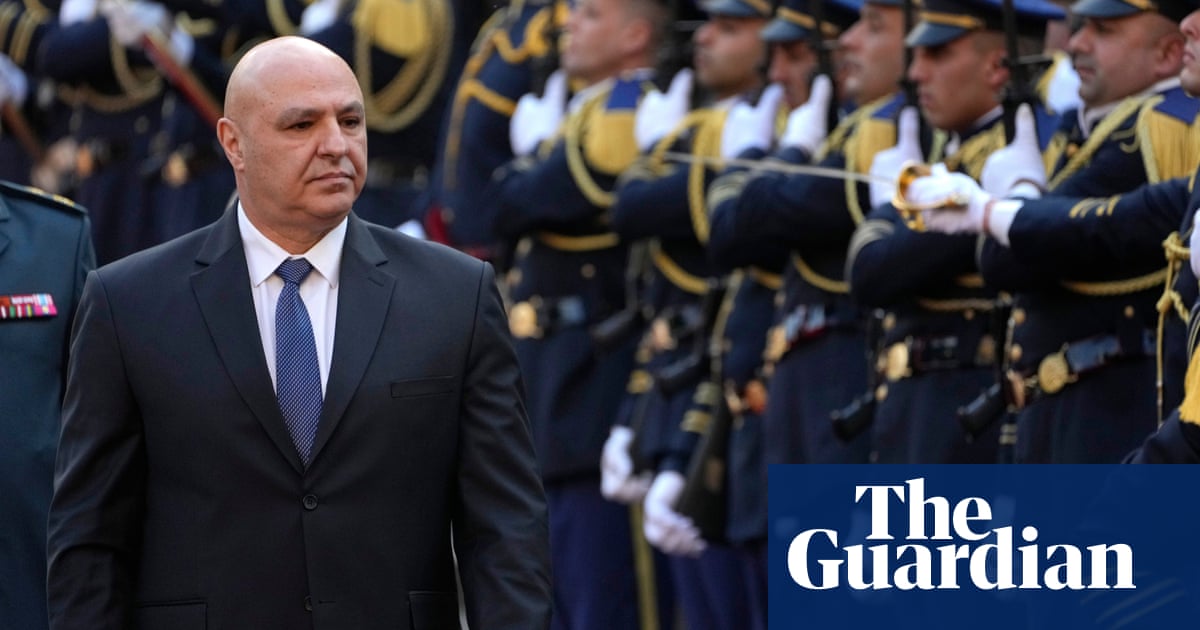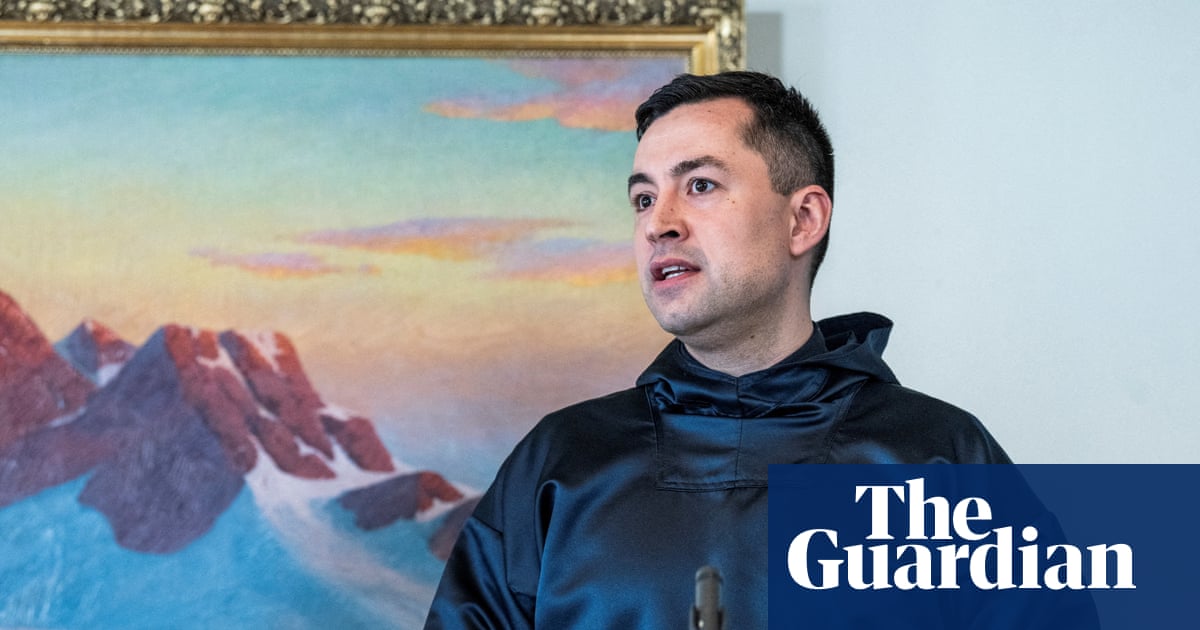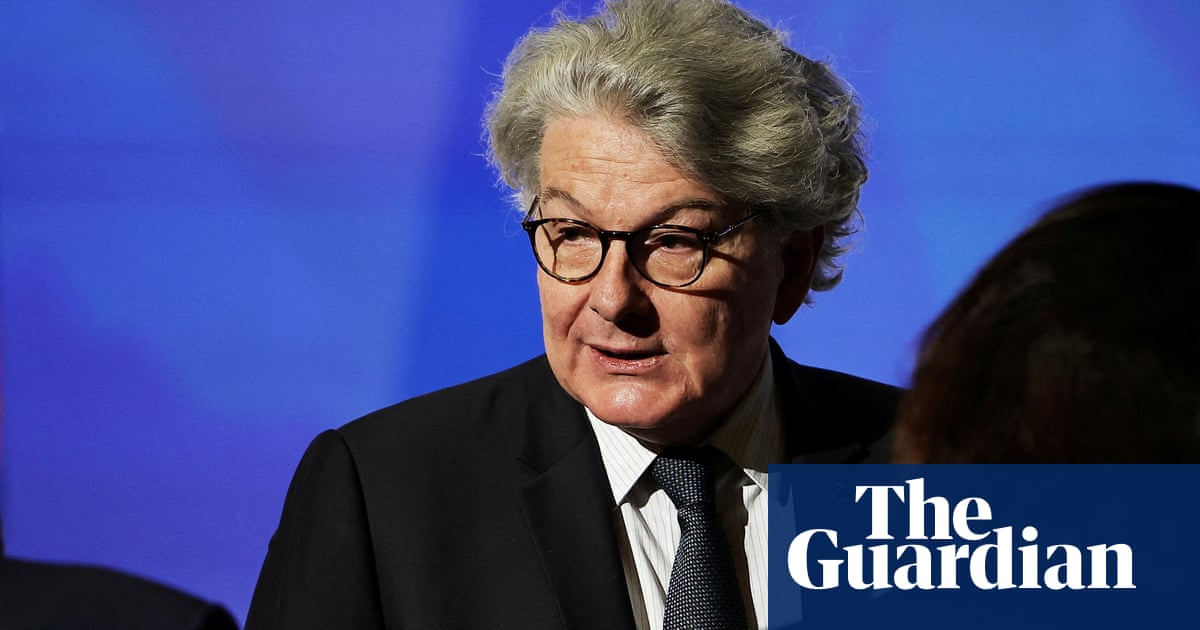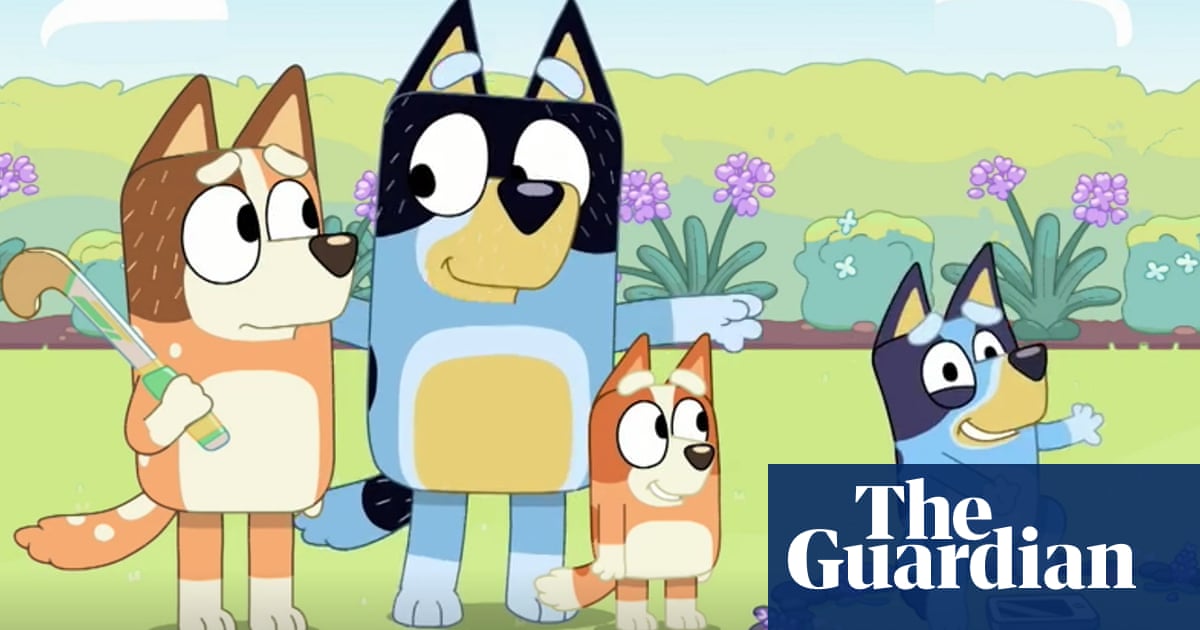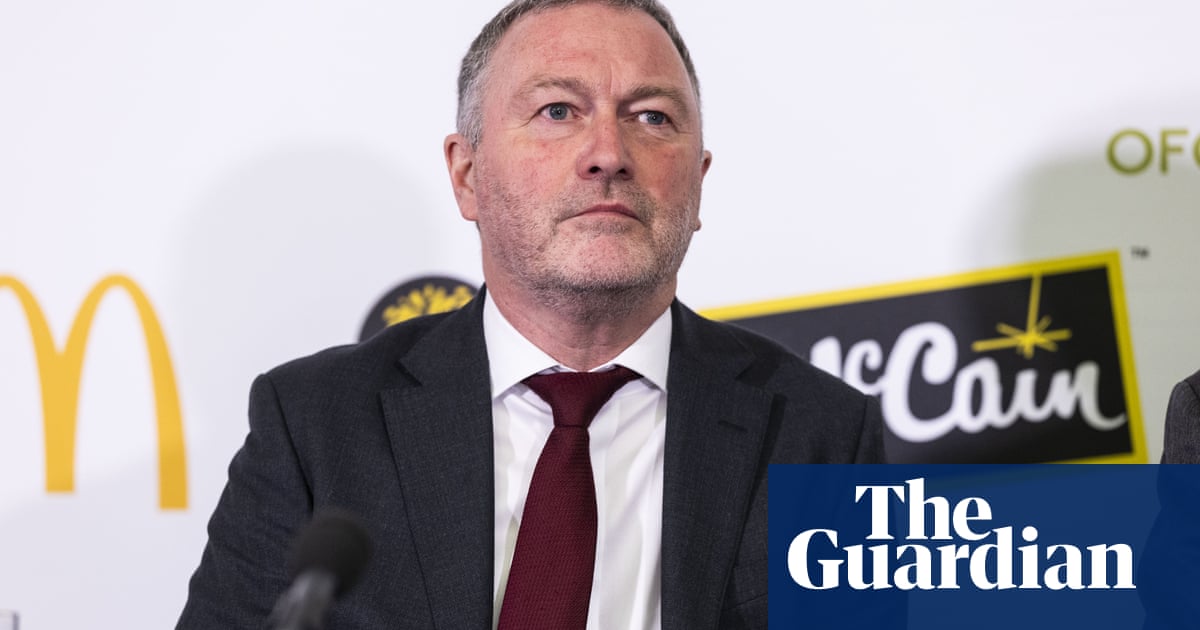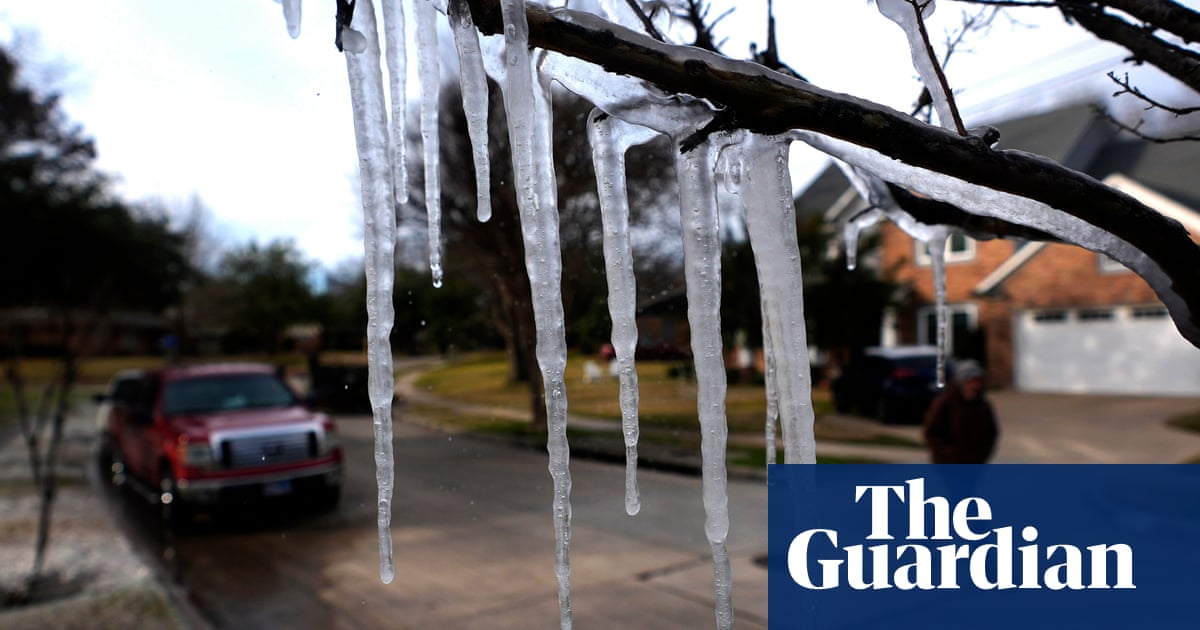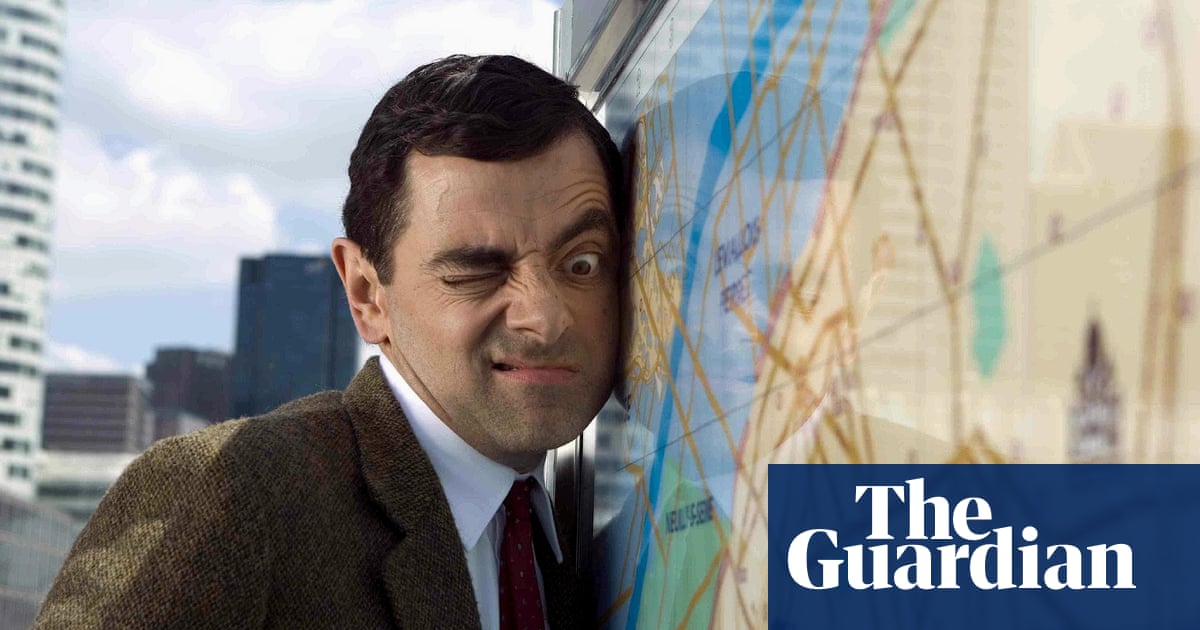A paramedic has described the extraordinary moment he knocked over a drugs bag as he treated the former Russian spy Sergei Skripal and then by chance gave him a nerve agent antidote that may have saved his life.
Emergency services workers who went to help Skripal and his daughter, Yulia, after they were poisoned with the nerve agent novichok, initially suspected they may have been experiencing the effects of a recreational drugs overdose.
One of the paramedics, Karl Bulpitt, told the inquiry into the Wiltshire poisonings that he meant to administer naxolone, a drug that counters the effects of an opioid overdose, to Skripal as he was taken by ambulance to hospital.
But as he tried to keep Skripal breathing, he knocked over his drugs bag and then picked up vials of the nerve agent antidote atropine by mistake. It was only when Bulpitt returned to base that he realised.
The counsel to the inquiry, Andrew O’Connor KC, said giving Skripal atropine “would clearly have helped Mr Skripal and may even have saved his life”.
In his statement, Bulpitt said when he arrived at the scene in a Salisbury shopping centre, Sergei Skripal was sitting upright on a bench, vomiting heavily and sweating profusely, with mucus secreting from his nose.
He said: “The male’s appearance made me jump because he was very hypertonic [rigid] like he was tensing his body. He was not moving. His arms were extended out in front of him and his eyes were bulging.
“He looked like he had no pupils because they were so small, the smallest I had ever seen. The male was awake but completely not responsive. There was so much vomit coming out it was like it was on a tap.”
Colleagues mentioned that the pair may have taken fentanyl, a potent opioid drug. They had recently been warned that there was a “highly toxic” batch of fentanyl in the UK.
They got Skripal into an ambulance and an air ambulance critical care paramedic suggested that giving him naloxone could help.
Bulpitt said he took hold of two vials of naloxone and a syringe. “But the male began to be sick again so I jumped to the head end to clear his airway. In doing so I knocked over the drugs bag, which went over the ambulance. Once I had cleared his airway, I picked up the two vials which I thought were naloxone. I drew them up and administered them.”
Skripal was handed over to doctors at Salisbury district hospital, while Bulpitt and his colleagues returned to their base.
“I went to replenish the drugs bag,” he said. “Whilst I was doing this I realised I was not missing any naloxone, which I expected to be as I had used two vials on the male.
after newsletter promotion
“I searched the bag and noticed that two vials containing atropine were missing. I realised that I must have administered atropine instead of naloxone as a result of knocking over the drugs bag to get to the male to clear his airway.”
Later, Dr James Haslam, a consultant in anaesthesia and intensive care medicine who cared for the Skripals, said Yulia was far worse than her father when they arrived in hospital.
Haslam said she was unable to breathe on her own and was given mechanical ventilation. When Sergei Skripal arrived he was breathing by himself, but as time passed he, too, was unable to breathe on his own. “We couldn’t record their temperature because it was that low,” Haslam said.
The Skripals survived the poisoning in March 2018 but, in July, 44-year-old Dawn Sturgess died after her partner, Charlie Rowley, gave her what appeared to be a perfume bottle containing novichok.
Another paramedic, Louise Woods, who treated Skripal, told the inquiry: “Not in a million years would I have thought about chemical [poisoning] in Salisbury.”
The inquiry continues.

.png) 2 months ago
18
2 months ago
18



